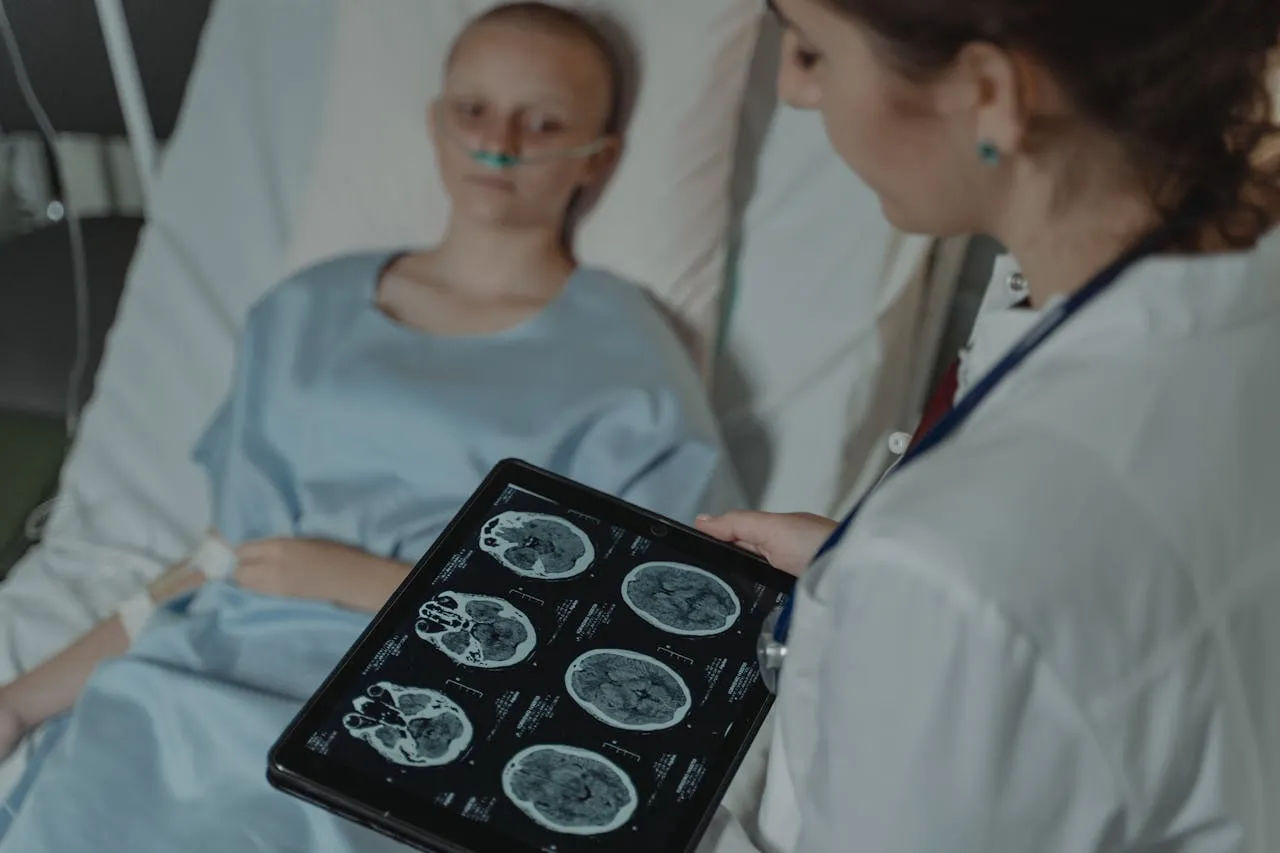
Legend Biotech Corporation (NASDAQ: LEGN), a global leader in cell therapy, will showcase new findings from the Phase 3 CARTITUDE-4 trial on minimal residual disease (MRD) negativity rates in multiple myeloma patients treated with CARVYKTI® (ciltacabtagene autoleucel; cilta-cel) versus standard of care (SoC). This study focused on lenalidomide-refractory patients who had received one to three prior therapies. The data will be presented in an oral session on Monday, December 9, 2024, at 5:45 p.m. PT during the 66th Annual Meeting of the American Society of Hematology (ASH) in San Diego.
Ying Huang, Ph.D., CEO of Legend Biotech, commented, “Our ASH data highlights critical advancements in treatment options for multiple myeloma. MRD negativity serves as a strong indicator of longer survival for these patients. The significant increase in MRD negativity rates emphasizes CARVYKTI as a game-changing therapy, even as early as the second line of treatment.”
Data from the CARTITUDE-4 trial supported the U.S. Food and Drug Administration (FDA) and European Commission (EC) approvals of CARVYKTI® earlier this year. It is now the first and only BCMA-targeted CAR-T cell therapy authorized for adult patients with relapsed or refractory multiple myeloma after at least one prior line of therapy, including a proteasome inhibitor (PI) and immunomodulatory agent (IMiD), and those refractory to lenalidomide. CARVYKTI® is currently available in five countries and has been used by over 4,000 patients globally.
Safety Considerations and Adverse Events
While CARVYKTI® shows promising efficacy, the CARTITUDE-4 trial also revealed concerns about early mortality, with a slightly higher percentage of early deaths in the CARVYKTI® treatment group. Among the 29 deaths in the CARVYKTI® arm within the first 10 months, 10 occurred before infusion, due to disease progression, while 19 occurred post-infusion, primarily from adverse events, most notably infections.
Cytokine Release Syndrome (CRS) and Neurologic Toxicities: CRS occurred in 84% of patients in the CARTITUDE-1 and 4 trials, with 4% experiencing Grade 3 or higher reactions. Symptoms commonly include fever and hypotension. Neurologic toxicities, such as immune effector cell-associated neurotoxicity syndrome (ICANS), were reported in 24% of patients across the studies. While most cases of ICANS resolved, 7% were severe (Grade 3 or higher), and the median time to onset was 10 days. Additionally, Parkinsonism and Guillain-Barré Syndrome (GBS) were observed in a small percentage of patients.
Patients receiving CARVYKTI® require careful monitoring for at least 10 days post-infusion at certified healthcare facilities. Delayed neurologic and CRS symptoms necessitate prompt treatment, including tocilizumab and corticosteroids.
Other Safety Risks
- Hypogammaglobulinemia: A common side effect, observed in 36% of patients, often requires treatment with intravenous immunoglobulin (IVIG).
- Infections: Severe infections occurred in 57% of patients, with 5% of cases being fatal, including some due to COVID-19.
- Secondary Malignancies: Myeloid neoplasms developed in 5% of patients treated with CARVYKTI®, with some progressing to acute myeloid leukemia or myelodysplastic syndrome.
Patients are advised to seek immediate medical attention for any signs of infection, neurologic symptoms, or other adverse events. CARVYKTI® is available only through the restricted CARVYKTI® Risk Evaluation and Mitigation Strategy (REMS), which includes requirements for careful monitoring and management of side effects.





